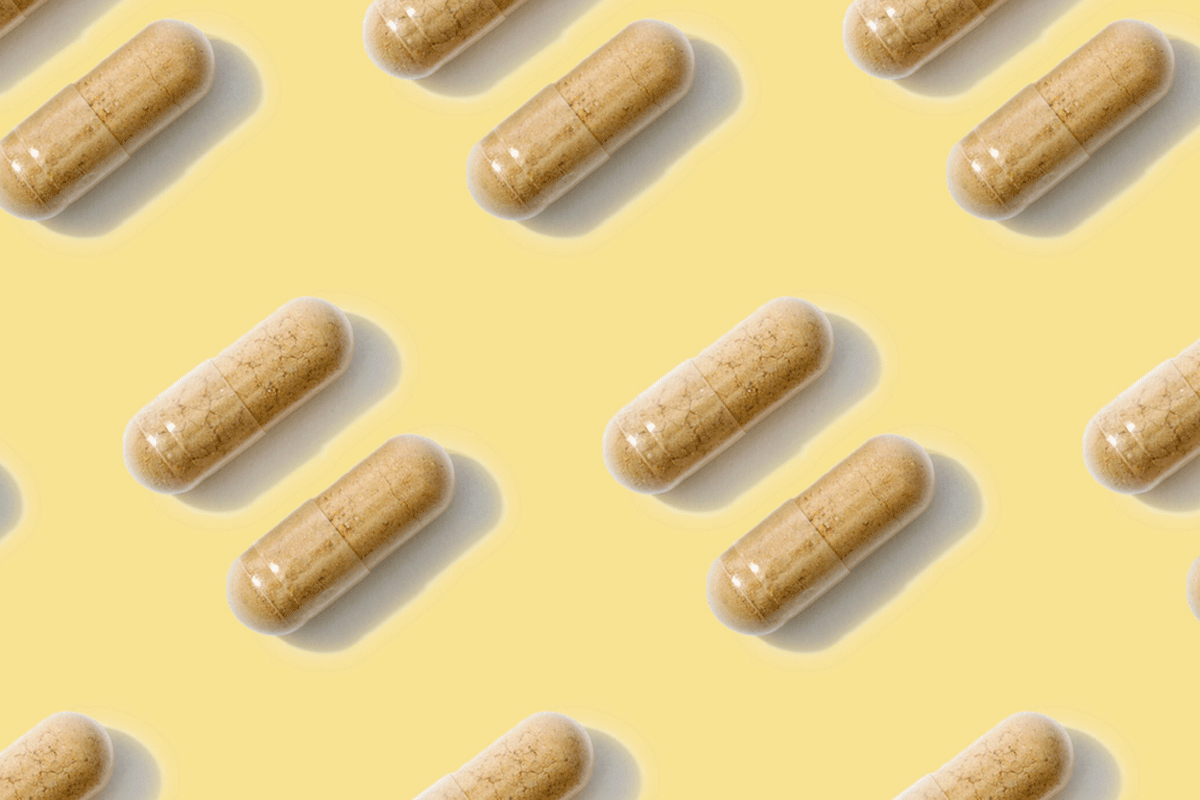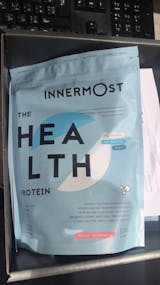The coronavirus pandemic has undoubtedly changed the way we live forever. Its consequences and ramifications are far-reaching across all areas of society, with government guidelines and recommendations changing by the day.
Over the past few months, vast amounts of information have been circulating in the media with advice for how to best protect ourselves against the virus. From government-approved masks, hand sanitisers, and social distancing, to weirder and wackier methods (think boiling banknotes to prevent the spread of germs), we’ve pretty much heard it all.
But one of the latest debates around things that could help in the fight against COVID-19 is that of vitamin D. Back in September 2021, a study in the US found that patients with sufficient levels of vitamin D were less likely to experience complications and die from COVID-19, while another found that it also reduced infection rates.

To help decipher the fact from the fiction, we spoke to some experts in the fields of health and nutrition to find out exactly what the deal is with vitamin D and how it could potentially help us fight against COVID-19.
Why is it important to get enough vitamin D?
Getting enough vitamin D is crucial for a number of reasons. Nearly every process in the body uses vitamins and minerals for that process to happen, and if the necessary vitamin or mineral isn’t there, the process can’t occur.
Vitamin D in particular helps us regulate the amounts of calcium and phosphate in the body, which are needed to keep bones, teeth and muscles healthy. A deficiency can lead to health conditions such as rickets in children and bone pain in adults, also known as osteomalacia. Other things that vitamin D helps with include brain health, supporting our nervous system and lung function, regulating insulin levels, cancer prevention, and protection from the flu.
“It’s not that some vitamins and minerals are more important than others, it’s that some are more difficult to get hold of, like vitamin D,” says Jo Travers, a dietician and evidence-based nutritionist. Travers continues: “We usually make vitamin D in our skin through the presence of sunlight, but if the sun doesn’t shine much where you live or you tend to cover your skin up, you can’t really do this.”
Why is there widespread vitamin D deficiency in society?
In places like the UK or Northern Europe, where the weather tends to be less sunny, obtaining the optimum vitamin D status can be difficult. According to national surveys, across the population approximately 1 in 5 people have low vitamin D levels. Travers says: “Because most of us work or spend a lot of time inside, and when we do go outside we cover up or use SPFs to prevent sunburn, we just don’t get enough exposure.”
While vitamin D can be found in a small number of foods including oily fish, red meat, egg yolks, and fortified foods such as fat spreads and breakfast cereals, it remains on the whole difficult to obtain in optimum quantities from diet alone, hence why supplements are often a popular alternative. Today, the government recommends that people consider supplementing with vitamin D in the autumn and winter to keep bones and muscles healthy.

Furthermore, Travers highlights that vitamin D deficiency is more widespread among certain social groups than others, including the elderly and people with darker skin. “These groups are also showing the worst outcomes for COVID-19,” she says. “Dark skin needs much more UV light to make vitamin D, while, as another example, some women from Asian communities cover up most of their skin and so they won’t really get any UV exposure.”
Can vitamin D actually help prevent or cure COVID-19?
As it stands, there is currently not enough evidence to support claims that vitamin D has the ability to prevent or reduce the risk of being infected with COVID-19. But what we can do is “look at the relationship between them”, Travers says. And what medical professionals have deduced is that while having sufficient levels of vitamin D will not cure you from COVID-19 or prevent infection and transmission, people with higher vitamin D statuses in their bodies may have reduced risk of symptom severity.
“We’re seeing people talk about prevention of infection and transmission but that’s not the case,” says Alex Ruani, chief science educator and co-founder of The Health Sciences Academy. “We’re just talking about risk reduction, and only in some patients, not all. But it’s also important to remember that you can be infected without showing any symptoms.”
What should you know when reading the different claims out there?
When it comes to the science behind our health, it’s pivotal to separate the true from the false. Ruani notes that another frequently asked question is: can vitamin D boost our immune systems? And while, on the one hand, vitamin D can provide a confirmed number of health benefits for the human body, she prefers to stay away from using the word ‘boost’ when it comes to COVID-19.
Why? “When you’re infected with COVID-19, the immune system is already so ‘boosted’, so exacerbated, and so over-reactive, that it leads to things like tissue damage, organ damage and organ failure,” Ruani says. “It’s your own immune system working against you. So, when people talk about ‘boosting’ your immune system, we don’t actually want that with COVID. We just want an adequate, sufficient, balanced and controlled immune response.”

How can you get the right amount of vitamin D?
Since there are some clear links between having sufficient vitamin D levels and reduced severity of COVID-19 symptoms, there are steps we can all take to help protect ourselves as much as possible.
Ruani adds that obese individuals may have a higher risk of developing a vitamin D deficiency since excessive fat stores can sequester the vitamin. Achieving a healthier weight helps to reduce this risk, while upping D intake levels in the meantime.
Ruani also adds that things like eating a healthy, balanced diet, exercising and getting the right amount of sleep also play a part in maintaining adequate vitamin D levels.
Next steps
If you're looking to supplement your vitamin D levels, let us introduce you to The Recover Capsules. These nootropic capsules contain research-backed ingredients that support the recovery process, reduce inflammation and regulate hormone activity. Containing vitamin D, among other ingredients such as maca, chocamine and selenium.

This is not medical advice and should not be treated as such. Do not rely on this information as an alternative to medical advice from your doctor or another professional healthcare provider. If you have any specific concerns or questions about any medical matter, you should consult your doctor or healthcare provider. You should never delay seeking medical advice, disregard medical advice or discontinue medical treatment as a result of the information in this article.























